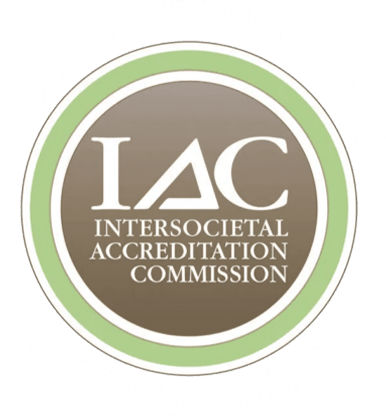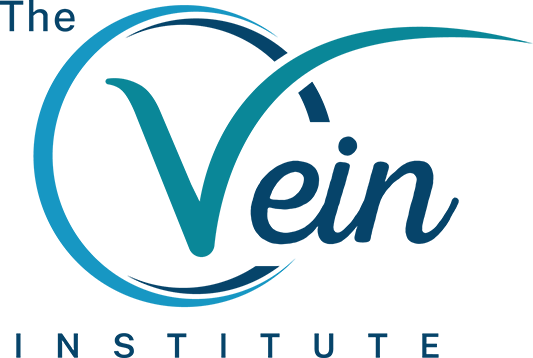
Can Massage Help with Varicose Veins?
Many people turn to massage therapy for relaxation and pain relief—but if you have varicose veins, is massage safe? Can it actually help? At The Vein Institute of Jacksonville, we often get this question from patients seeking non-invasive ways to manage leg pain, heaviness, or swelling.
Let’s explore what massage can (and can’t) do for varicose veins—and when it’s time to see a specialist.
The Possible Benefits of Massage
Massage may provide some temporary relief for people with varicose veins. Gentle, targeted massage techniques can help improve blood flow, reduce fluid retention, and ease symptoms like:
-
Leg fatigue
-
Mild swelling
-
A feeling of heaviness or tightness
Massage may also help relax surrounding muscles and improve overall comfort in the legs.
However, massage will not treat or reverse varicose veins. It may relieve some symptoms temporarily, but it doesn’t address the underlying cause: weakened or damaged vein valves.
Important Safety Considerations
Massage is not recommended for everyone with varicose veins—especially if the veins are bulging, tender, or if there’s a risk of a blood clot. Applying too much pressure or massaging the wrong area could:
-
Aggravate the veins
-
Cause bruising or tenderness
-
Dislodge a clot (in rare but serious cases)
If you’re considering massage therapy, always speak with a vein specialist first. And if you move forward, be sure your massage therapist is licensed and experienced in working with people who have venous disease.
Better Alternatives for Treating Varicose Veins
Massage may offer short-term comfort, but it won’t make varicose veins go away. Fortunately, today’s treatments are minimally invasive, highly effective, and performed right in the office. Some of the options we offer at The Vein Institute of Jacksonville include:
-
Compression therapy to manage symptoms
-
Sclerotherapy to close off smaller varicose or spider veins
-
Endovenous laser therapy (EVLT) for larger or symptomatic veins
-
Ambulatory phlebectomy for surface-level bulging veins
Your provider will help you determine which option is right for your needs.
Tips to Support Healthier Legs at Home
Whether you’re considering treatment or looking to prevent future issues, the following habits can support vein health:
-
Avoid standing or sitting for long periods without movement
-
Elevate your legs throughout the day
-
Wear compression stockings as recommended
-
Maintain a healthy weight
-
Stay active with daily walks or low-impact movement
-
Eat a diet rich in fiber, antioxidants, and hydration
When to See a Vein Specialist
If you’re experiencing leg pain, swelling, or visible veins that worsen over time, it’s time to go beyond massage and seek expert care. Our board-certified specialists at The Vein Institute of Jacksonville can assess your condition and recommend effective, personalized treatment options. Schedule a consultation for personalized recommendations.
Frequently Asked Questions

IAC Accredited Vascular Testing
We are proud to be distinguished as an IAC Accredited Vascular Testing Facility. The Vein Institute adheres to the strictest national guidelines for vascular testing, demonstrating a commitment to the highest quality patient care.
Known as CVI, chronic venous insufficiency, is a medical condition in which the veins are unable to pump enough oxygen-poor blood back to the heart. It’s caused by damaged blood valves and often occurs after deep vein thrombosis or phlebitis. While women make up the majority of CVI sufferers, it’s also common among men who […]
Education is key to maintaining lifelong vascular health at The Vein Institute of Jacksonville. One of the most common questions we hear from patients is whether genetics can predict their risk for developing Chronic Venous Insufficiency (CVI). Let’s explore the connection between family history, vein disease, and the steps to stay ahead of symptoms. What […]
Chronic venous insufficiency is a condition that affects millions of people around the world, and yet it often goes unrecognized. In this article, we’ll discuss what chronic venous insufficiency is, what its symptoms are, and why it’s important to seek medical help if you think you may be suffering from it. Let’s get started! Introduction […]




